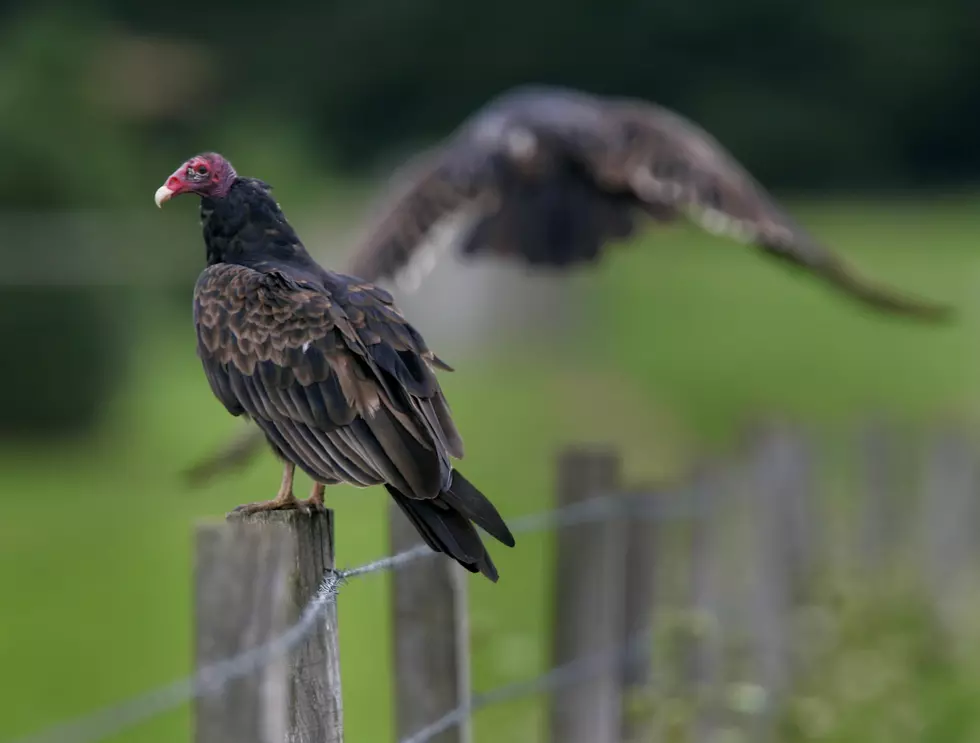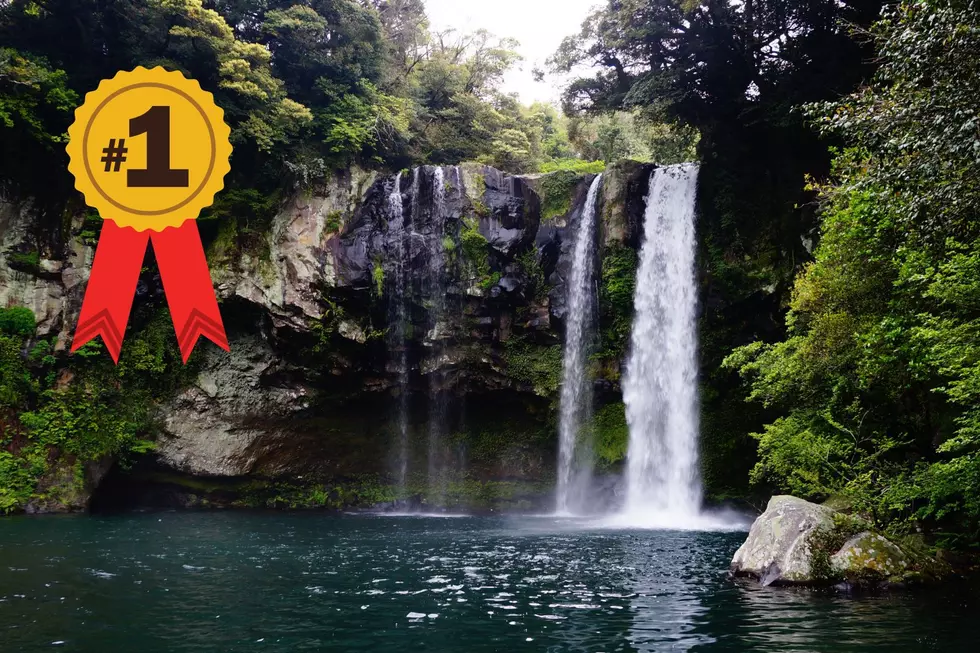
Have a problem with turkey vultures? Here are your options
As an animal control officer in Monmouth County, Sharon Gaboff has seen as many as 50 turkey vultures on one roof.
Vulture complaints from concerned homeowners are nothing new, and either is the response — you may have to get creative to shoo they away for good, or get the government involved.
The bird of prey tends to be somewhat of a nuisance this time of year — typically November to mid-April — for residents in countless New Jersey municipalities who typically aren't fans of having so many scavengers roosting or hovering nearby.
"Roofs are nice and open, so they can see where their next meal is coming from," Gaboff said. "They are very essential to our environment because they do clean up the dead carcasses that lay in our woods and in our streets."
While at the start the birds may be just an eyesore for concerned residents, their presence can lead to property damage over time, as well as health and safety concerns — specifically caused by their feces and vomit.
In terms of taking action, in a way that can solve the issue for more than a day, one's options are limited, however. For starters, you definitely can't kill them.
"Vultures and all migratory birds in North America are protected by the Migratory Bird Treaty Act," said Chris Soucy, executive director of The Raptor Trust, located in Morris County. "So if and when there is a problem ... people need to go to the proper authorities to help them handle that."
Under the U.S. Department of Agriculture, the Wildlife Services program can offer residents more information on their options. Depending on the case, staff can document vulture damage and start "a depredation permit application process if necessary." Hanging a dead vulture close by, or a model of one, is known to help disperse vultures, if hung correctly.
Less-involved approaches to limiting the problem include firecrackers (some of which are now legal in New Jersey), lasers as well as motion-activated sprinklers.
People are encouraged to keep open garbage and outdoor feeding of animals to a minimum, although the source of attraction is not completely clear.
"Vulture management is complicated and site-specific, so consulting with a wildlife professional is vital to successfully resolving damage," reads a factsheet on the USDA website. "In some situations, selective, lethal removal of birds may be needed to resolve damage effectively."
Wildlife Services staff can be reached at 1-866-4USDA-WS.
More from New Jersey 101.5:
Contact reporter Dino Flammia at dino.flammia@townsquaremedia.com.


